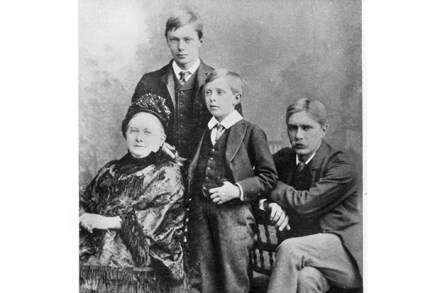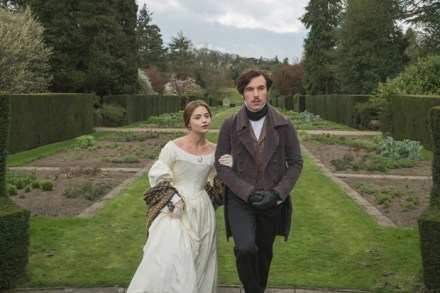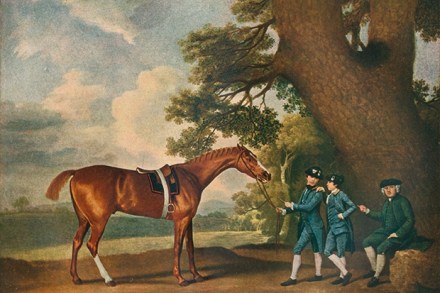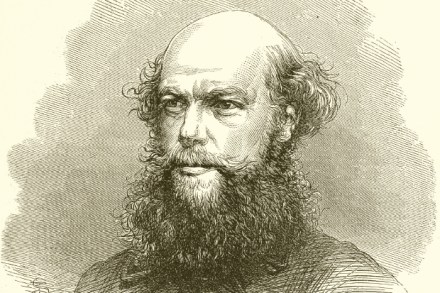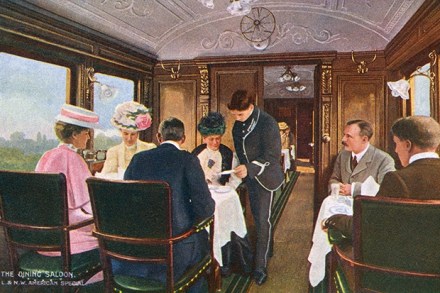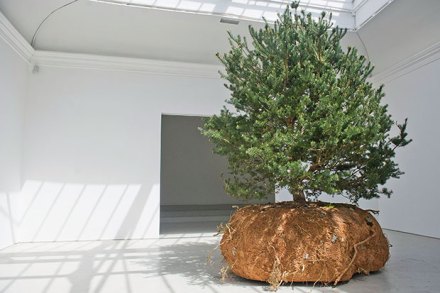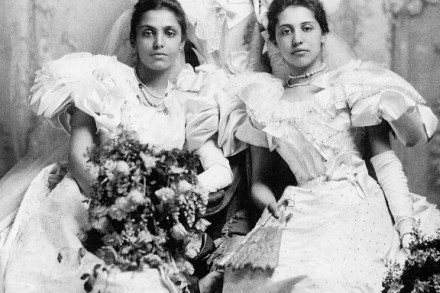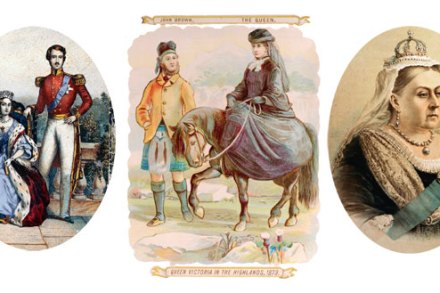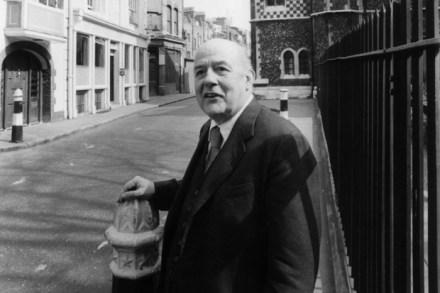Embarrassing Victorian bodies
The fetishisation of the Victorians shows no sign of abating. Over the past 16 years, since the centenary of the passing of the Victorian age, we have been treated to a never-ending stream of books about the monarch herself, the houses her subjects lived in, the railways they built and travelled on, their sexual peccadillos, the sensational murders that seized the headlines, and so on ad infinitum. Now we have a study devoted to that ultimate fetishistic object: the human body. According to Kathryn Hughes, biographical writing about the Victorians has been indifferent to their vital signs of life, movement, smell, touch and taste, behaving as if our ancestors were



